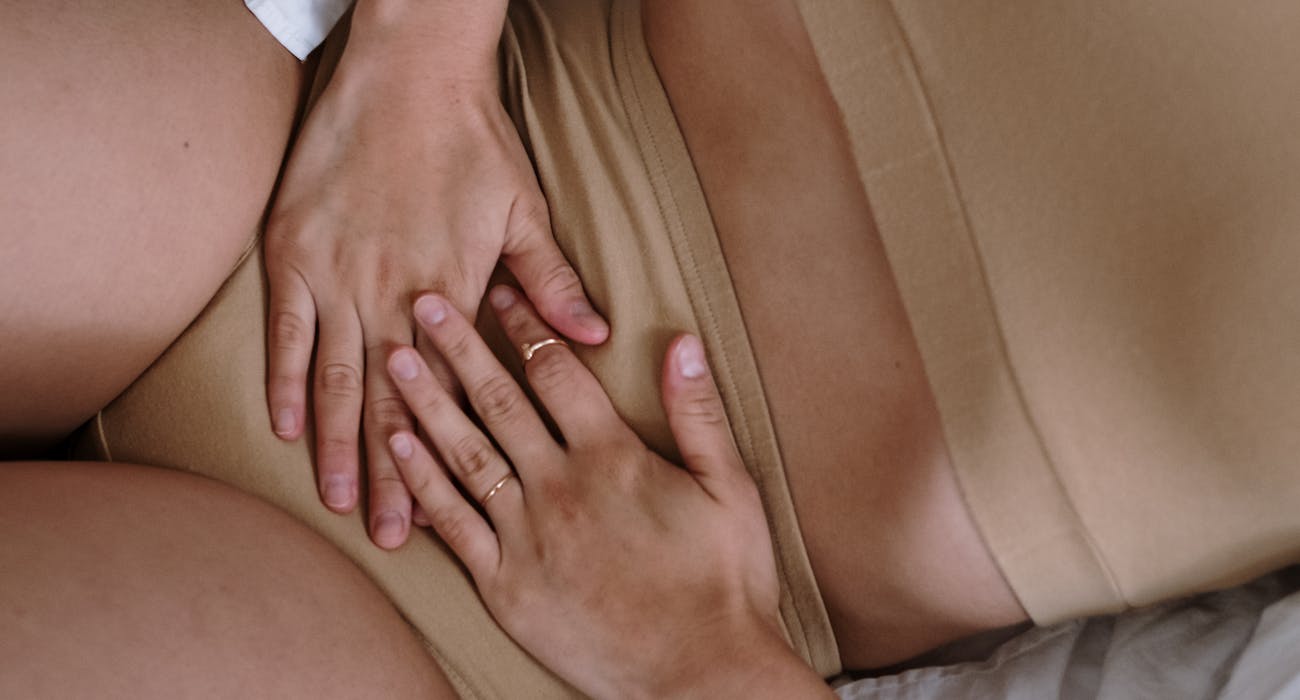Many girls and women feel chronic period cramps during menstruation. But what’s ahead? Apart from suffering unbearable pain, try these top home remedies mentioned below that will be very useful to overcome menstruation cramps.
The Noicy is the platform where you can read more blogs related to health and you can also express your ideas, for this, you just need to submit a guest post on health. They will publish your ideas on their website if your ideas get shortlisted.
Use a Hot Water Bag for Applying Heat
To ease the agony of period cramps, apply a heating pad or hot water bottle to the area that is experiencing cramps, or take a hot bath.
In comparison to unheated placebo therapy, painkillers, and no treatment, heat therapy was beneficial for period pain in 6 of the 7 papers discovered in a 2018 review. Nevertheless, the review’s authors advise more research on heat therapy for the beneficial relief from period cramps.
Anti-Inflammatory Foods and Supplements
Adding some foods and supplements to women’s diet during menstruation may be a good idea because they can reduce inflammation and muscle contractions.
Some of Anti Inflammatory Foods and Supplements are:
- Green and Leafy Vegetables.
- Fatty Fishes include Salmon and Tuna.
- Nuts.
- Herbal Tea
- Dark Chocolates
- Turmeric
- Omega 3
- Vitamin E
Exercise & Yoga
Frequent exercise may help lessen the frequency and intensity of menstrual pain. According to the study, minimising period cramps during the first three days of menstruation can be achieved by walking for 30 minutes each day.
Yoga, which combines physical activity and meditation, is advised during menstruation in addition to stretching. According to a review published in Frontiers in Pain Research in 2023, womens with period pain experienced significant pain and stress alleviation from yoga.
Hydrate Yourself
It’s crucial to maintain fluid intake throughout your menstrual cycle since “dehydration will make cramps worse.” According to a study, to stay hydrated, one should drink 0.5 to 1 ounce of non-alcoholic fluid per pound of body weight each day, or more if they move or perspire a lot. Women who are menstruating should also drink an additional 12 to 16 ounces of fluid per day.
Take a Proper Sleep
Before and throughout your menstrual cycle, getting enough sleep can support your body in managing pain and discomfort. According to an analysis published in BMC Women’s Health in 2023, sleep deprivation is linked to noticeably higher prostaglandin levels and more intense period pain. It also shows that menstrual management may be aided by maintaining a normal sleep schedule.
Try Pain Relievers
Period cramps can also be relieved by over-the-counter nonsteroidal anti-inflammatory medicines (NSAIDs), such as Naproxen and Ibuprofen. According to research, you should only use NSAIDs for one to two days after the onset of your period or period pain.

